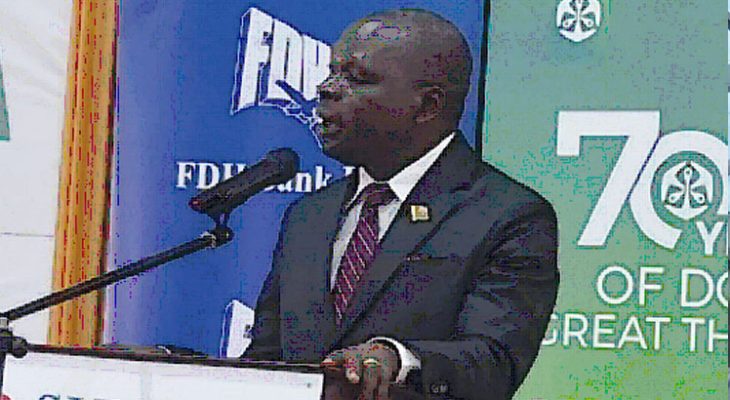
RBM Eases Currency Exchange Rules: A Game Changer for Malawi Businesses
Key Business Points
- Exporters in Malawi can now apply for exemption from the mandatory conversion of export proceeds, which requires selling 25% of export earnings to the Reserve Bank of Malawi (RBM), by meeting specific criteria such as export growth, value addition, and usage of local raw materials.
- The RBM’s framework for exemption assigns weights to six criteria, including creation of employment, use of local services, and parity of prices with global prices, allowing exporters to earn credits towards exemption from the 25% surrender requirement.
- Economists and industry players have welcomed the move, describing it as a productivity-linked incentive that could promote production and exports, stimulate productivity, and improve Malawi’s long-term export performance, with the potential to zimangilira za mauzo (increase sales) and kuongeza mapato (increase revenue).
The Reserve Bank of Malawi (RBM) has introduced a new directive that exempts some companies from the mandatory conversion of export proceeds, a move aimed at promoting exports and value addition. The directive, signed by Minister of Finance and Economic Affairs Simplex Chithyola, requires exporters to sell 25% of their export proceeds to the central bank within a few days of receipt, unless they apply for exemption. The exemption framework, developed by the RBM, ties the granting of exemptions to six key criteria, including export growth, value addition, usage of local raw materials, creation of employment, use of local services, and parity of prices with global prices.
According to the RBM, the framework has been designed to ensure that exporters who benefit from the exemption contribute significantly to Malawi’s economic growth, with the goal of kuziba kwa chikwama (curbing the deficit) and kuimarisha uchumi (strengthening the economy). Economists and industry players have hailed the decision, describing it as a productivity-linked incentive that could stimulate productivity, expand employment, and improve Malawi’s long-term export performance.
The move is expected to motivate exporters to increase production and exports, with the potential to zimangilira za mauzo (increase sales) and kuongeza mapato (increase revenue). However, some experts have cautioned that the policy change must be reviewed holistically to ensure that the objectives are realized, and that additional oversight is needed to prevent illegal and unauthorized exports, which can translate to substantial forex leakage.
The RBM’s decision is part of a broader effort to promote exports and value addition in Malawi, with the goal of improving foreign exchange reserves and curbing the black market. In March this year, the RBM amended foreign exchange controls, reducing the mandatory conversion ratio on export proceeds from 30% to 25% for exporters with exemption. As the business community in Malawi looks to take advantage of this new directive, it is essential to understand the framework for exemption and the criteria for assessment, in order to make informed decisions about their export strategies and mita kuwonjeza (opportunities to grow).
What are your thoughts on this business development? Share your insights and remember to follow us on Facebook and Twitter for the latest Malawi business news and opportunities. Visit us daily for comprehensive coverage of Malawi’s business landscape.
- Malawi’s K1.2tn Gold Smuggling Scourge: A Threat to Business Growth and Economic Stability - February 1, 2026
- Revitalizing Malawi’s Economy: Lower Food Prices Signal New Growth Opportunities - January 31, 2026
- Revitalizing Malawi’s Economy: Tackling Climate Related Underfunding for Sustainable Growth - January 30, 2026
